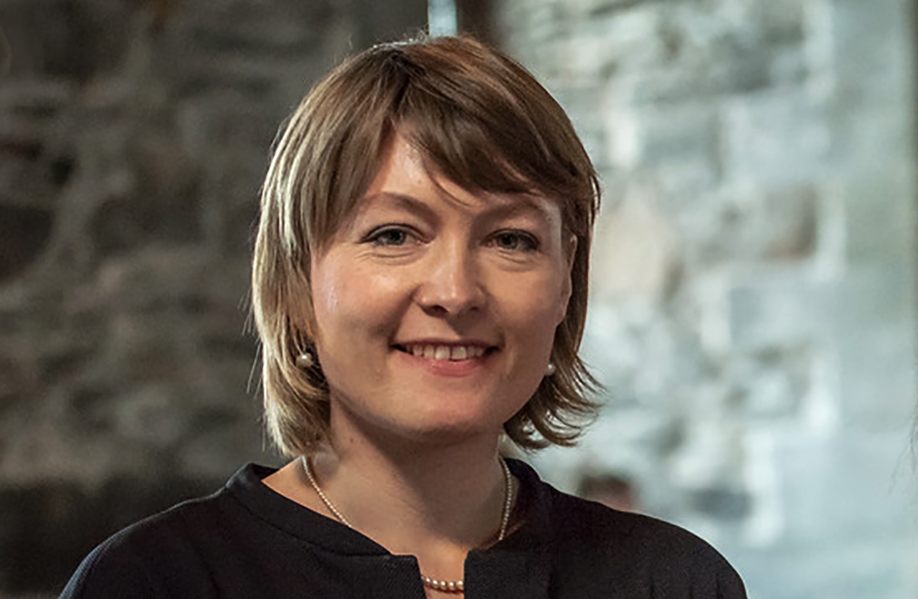Interview with Rebecca Adler-Nissen

Nils Klim Prize winner of 2015, Rebecca Adler-Nissen, is an expert in international relations, diplomacy and European integration. In this interview she explains her motivation for exploring these fields of study and her views on the role of the social sciences in our time.
- How does it feel to have won the Nils Klim Prize?
It is a great honor to receive this award and I am very grateful to the Nils Klim Committee for recognizing the importance of my research area at a time when the world is struggling with a range of international conflicts. It is important that we address the roots of these conflicts, but also that we develop new theories and methods to capture their particular dynamics in a context of increased interdependence and communication. This is a crucial foundation for envisaging possible ways of creating more cooperation and less estrangement in world politics.
- Why is your research important?
My research focus is on international relations, diplomacy and European integration. There are many challenges in this area. One is that we, in the West, have difficulties understanding other powers such as Russia, China, Brazil and India. How should we interpret their motives and strategies? How will Europe adjust to a multi-polar system and what will the euro crisis mean for the future of European cooperation and for Europe’s place in the world? What will Europe do if it is no longer US-Western norms and rules that dominate international relations? These questions are important because they concern, most fundamentally, the risk of conflict and possibility of peace.
- What drew you to study international politics and the European Union?
I became interested in society, politics and Europe already in high school. It was during a summer exchange in Southern Germany that I first became fascinated by European politics. When I got back to Copenhagen after a long-distance sailing trip and 6 months in Paris, I went to an open house event at the University of Copenhagen. When I visited the Department of Political Science, it just sounded to me like the most awesome thing to study. Moreover, the students were extremely engaged and active, which was also appealing to me.
- How would you define your current research project?
My current project seeks to advance our understanding of diplomacy in the 21st century beyond existing International Relations and diplomatic theory. We lack theoretical and methodological tools to grasp how the information revolution transforms diplomacy. I combine participant observation, interviews and media analysis to generate new knowledge about the relationship between public and confidential multilateral negotiations, how state leaders and diplomats handle new media, and the role of face-saving and face-threatening strategies in international relations.
- What role do you think the social sciences have in understanding today’s society?
I think the social sciences can and do play a crucial role to help us understand and improve our societies. Social science scholars increasingly need to cooperate with scholars from other disciplines and develop new methods to address the complex problems that face mankind today – from wars to climate change. Interdisciplinary cooperation gives us the potential to address such challenges in radical ways and to develop new concepts and solutions.
- What do you think about research prizes like the Nils Klim Prize?
The Nils Klim Prize is a great encouragement. The Nordic region and its post-colonial relations is one of my research interests, but I also attach great value to the many close ties we have between Nordic scholars. In a sense, the Nordic region is a model for peaceful and close international cooperation – in research and other areas. Hopefully, the prize will inspire other young Nordic scholars in political science and international relations to follow their dreams, try to push the frontiers of our knowledge and work closer together.